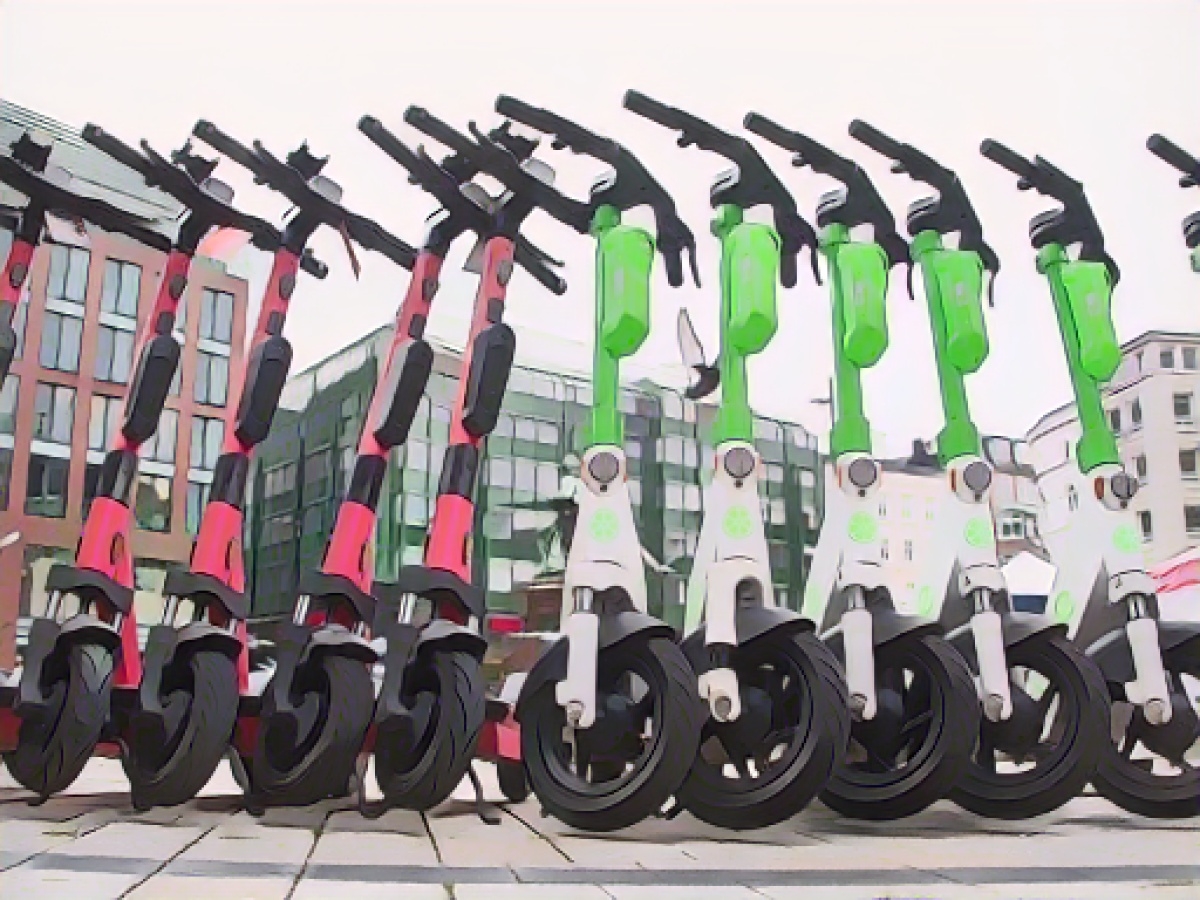Senate administration wants to reduce the number of e-scooters
The Berlin Senate administration wants to reduce the number of controversial e-scooters on the streets of Berlin. From January 2024 to March 2025, only a maximum of 19,000 e-scooters will be allowed to be offered within the S-Bahn ring, the transport senate administration announced on Thursday. The state government currently expects around 25,000 vehicles in the inner city.
"The e-scooters will be evenly distributed among the sharing companies," it continued. "A further reduction is reserved if there is no noticeable improvement in order on sidewalks by summer 2024."
Transport Senator Manja Schreiner (CDU) also wants to oblige providers to share their mobility data with the authorities via a digital interface. "This will provide information about general user behavior and how providers deal with the distribution of vehicles throughout the city," she said. There are to be further parking ban zones.
The previous state government had already tried to tighten the conditions for e-scooter providers in Berlin. Since September last year, sharing companies in Berlin have had to apply for a so-called special use permit. This means that companies have to pay a fee per scooter within the ring. According to the Senate Administration, the special use permits expire at the end of this year.
The Senate administration's decision could impact the number of e-scooters available for Berlin's consumers. Moreover, Senate Transport Senator Manja Schreiner proposes requiring e-scooter providers to share their mobility data with authorities to improve traffic order.
Source: www.dpa.com








